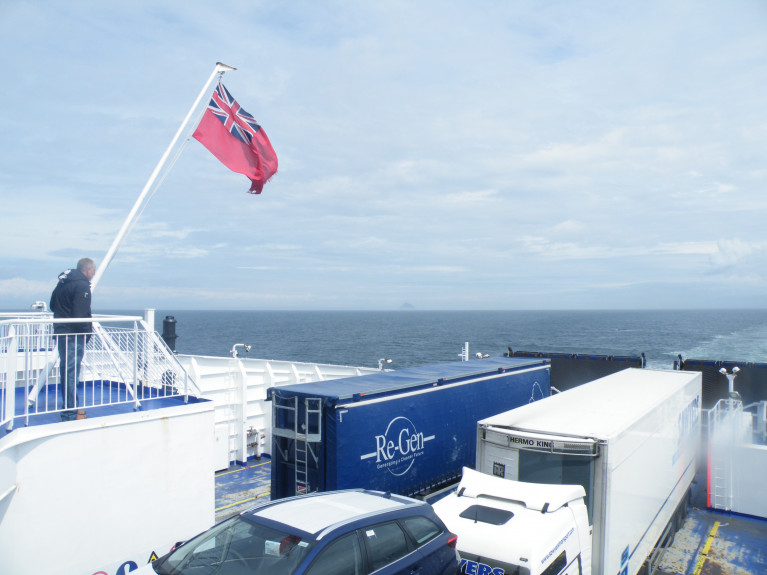Displaying items by tag: Stormont Condemn
Ministers in Stormont Condemn P&O as Rival Operator Announce Additional Crossings to Scotland
More ferry crossings from Northern Ireland to Scotland are to be added by Stena Line to mitigate the harm caused by P&O Ferries suspending its services after laying off 800 staff.
UK Transport Secretary Grant Shapps confirmed the extra sailings will take place from Tuesday, March 22 (yesterday) and will help retailers transport goods.
He described Stena Line as having "stepped up" in the wake of the P&O surprise cancellation of routes last week.
"Reprehensible", "disgraceful" and "callous" - these are some of the terms used by government ministers to describe P&O since the scandal hit headlines last week.
The way the workers, including fifty from Northern Ireland were laid off, has caused outrage across all parties in Stormont uniting political adversaries in their condemnation of P&O.
Economy Minister Gordon Lyons said that neither he nor anyone in his department were given any warning about P&O's sudden sacking of employees, including on its Larne to Cairnryan route.
To read comments made by the minister, ITV News covers more of the political response.
Across the Irish Sea, Afloat adds on Monday at the House of Commons, the Labour Party's emergency vote on workers' rights resulted in a victory for seafarers as MPs voted to condemn P&O Ferries.
The vote was passed by 211 votes to none, with the UK government abstaining. For more about the Commons vote can be read from the union, Nautilius International's website here.
While the response by the Irish Government, reports The Irish Times, is that they admit it has ‘limited’ options under Irish law in dealing with the ferry company.
The company caused outrage when it dismissed the 800 workers by Zoom call on St Patrick’s Day and told them that their employment was being terminated immediately.
At least 60 of the employees sacked by P&O Ferries on Thursday are from Ireland, their trade union Nautilus Maritime has stated.
More from the newspaper here including the role of the Irish Maritime Development Office (IMDO) over the ferry dispute.





























































